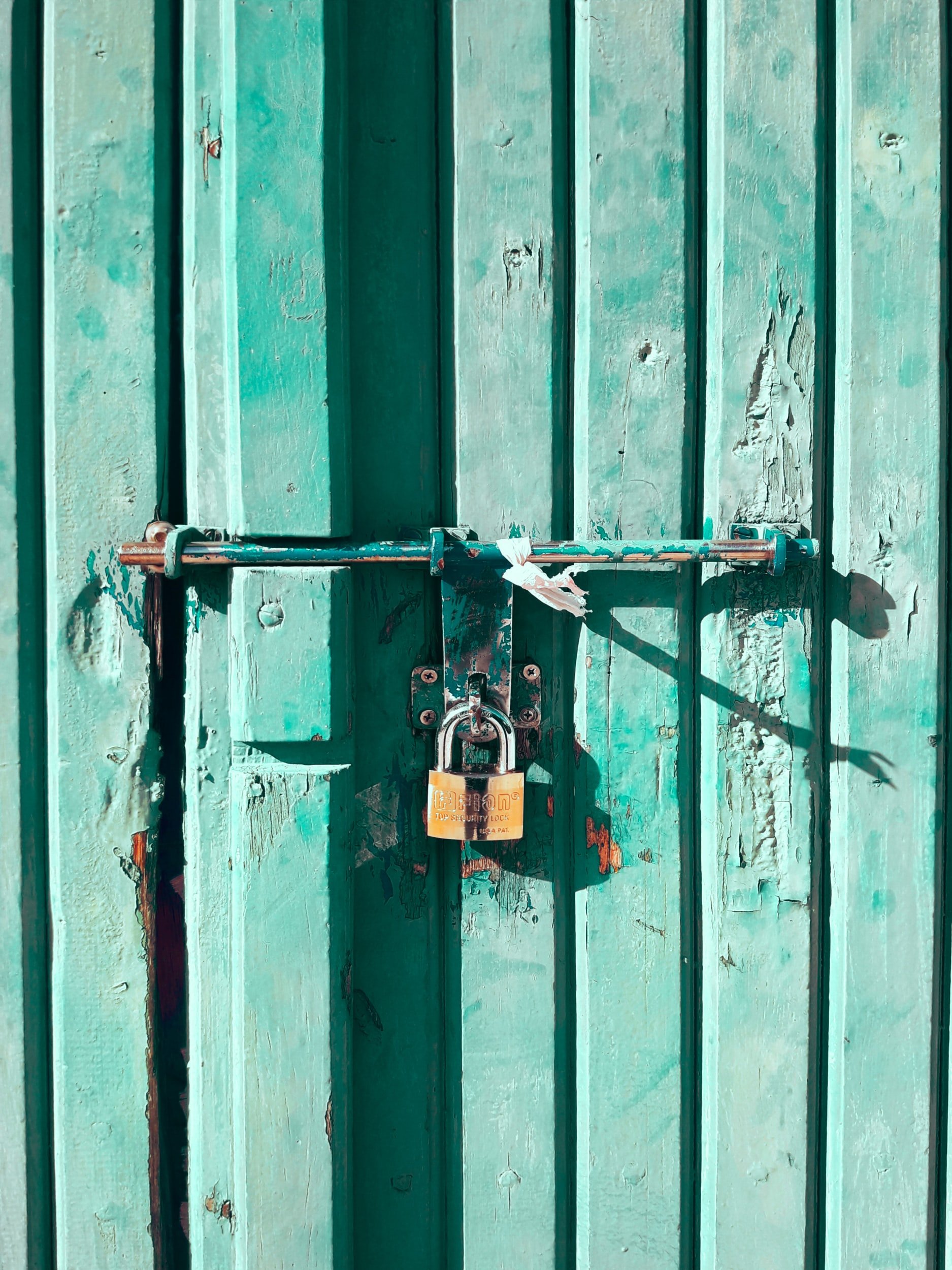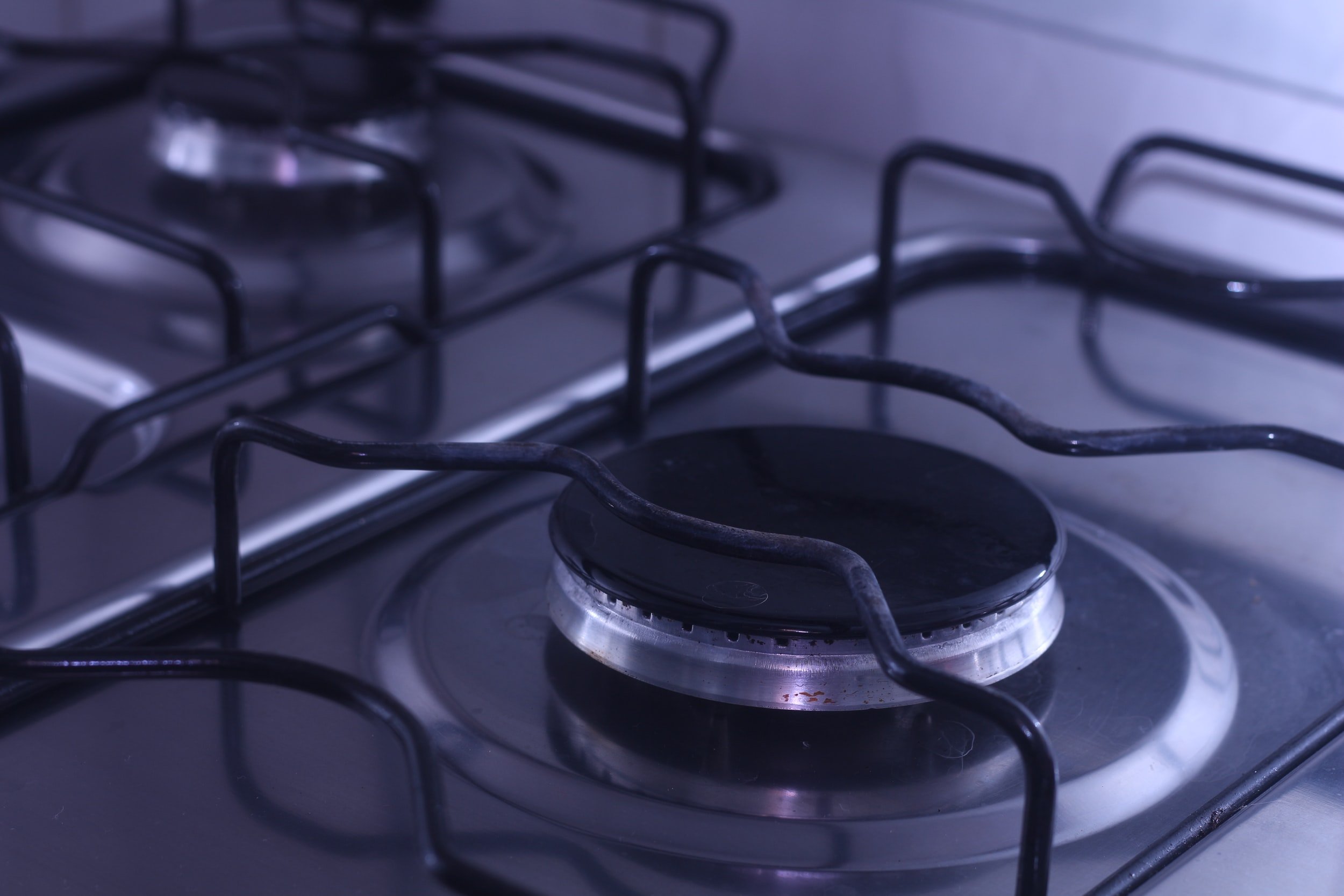Checking OCD: Signs, Symptoms, and Treatment
What Is Checking OCD?
Checking OCD is a type of OCD (obsessive compulsive disorder) where people are compelled to repeatedly check things, often checking the same thing multiple times. This can include checking whether doors are locked, checking to see if they turned off the oven or checking that they didn't leave anything on the stove. People with checking OCD can become so obsessed with checking that it interferes with their daily life.
People with checking OCD are engaging in these repetitive checking behaviors to alleviate the anxiety they may feel from their intrusive thoughts.
Example of Checking OCD
An example of checking OCD can be when a person gets stuck leaving their home because of their excessive need to double check things, such as their appliances. A person suffering with this type of checking OCD is often late for work or social events because of their compulsive behavior.
A person with checking OCD may have intrusive thoughts, such as:
"My house can burn down if the stove isn't turned off."
"Did I lock the doors to my house or will it get robbed?"
"Did I make sure to turn off the water in the shower?"
"What if a robber breaks into my home because I forgot to check the locks?"
These types of intrusive thoughts will cause repetitive checking behaviors. These types of checking compulsions can cause someone to become stuck in leaving their home.
Is Checking OCD Common?
People with checking OCD may feel like they are the only ones who check things obsessively, but checking OCD is actually quite common. In fact, an estimated 1 in 20 people experience checking OCD at some point in their lives.
What Causes Checking OCD?
Checking OCD can be caused by a number of factors, including anxiety, perfectionism and a need for control. Like other types of OCD, checking OCD can also be caused by a combination of genetic disposition and personal experiences, such as trauma.
Signs and Symptoms of Checking OCD
A telltale sign that a person may have checking OCD is when they're often stuck in repetitive checking behaviors or have constant urges to check. These compulsions can happen when leaving the home, while driving, working, etc.
People with checking OCD are engaging in checking behaviors to reduce the anxiety they feel from their obsessions or intrusive thoughts.
Checking OCD Obsessions
People with checking OCD may have the following obsessive thoughts and/or intrusions:
Dangerous Obsessions
Concerns that one may be responsible for a home invasion, robbery, car invasion, fire, etc.
Health-Related Obsessions
Beliefs that one may come down with a disease or a terminal illness
Belief that a loved one may die and/or develop a serious illness
A person with checking OCD usually has obsessions about themselves, their property, and/or loved ones. Intrusive thoughts about these subjects will increase the anxiety one feels. When this anxiety onsets, a person with checking OCD will engage in checking compulsive behaviors to relieve the anxiety.
Checking OCD Compulsions
The most common checking behaviors seen in people with checking OCD are:
Tangible Confirmation
A person with checking OCD will need to see tangible proof that something has been done. For example, when leaving the house, one will go back to see if the stove was turned off or have to visibly see if the locks were locked. In another instance, a person with checking OCD may video call their partner so they can see that the locks are locked.
Mental Compulsions
People with checking OCD may repeatedly play out a past scenario in their head to double check that they didn't make a mistake or the locks were locked. For example, when leaving the house, a person may repeat their memory of them turning off the stove after they cooked breakfast.
Reassurance
Asking a partner or friends whether one has completed a certain task. For example, a person with this subtype of OCD will repeatedly ask their partner if the shower is turned off before they left the house.
How to Overcome Checking OCD
Checking OCD can be a really frustrating and time-consuming condition to live with. However, it is possible to overcome checking OCD with the help of cognitive-behavioral therapy (CBT), exposure response therapy (ERP), mindfulness, and medication.
CBT For Checking OCD
People with checking OCD can learn how to overcome their compulsions by using cognitive-behavioral therapy (CBT). CBT is a type of therapy that helps people change the way they think and behave. It can be really helpful for people with checking OCD, as it can help them learn how to stop checking compulsively.
ERP For Checking OCD
One way to overcome checking OCD is to practice Exposure and Response Prevention (ERP). This is a type of CBT that involves exposing yourself to the things that you're afraid of, and then not responding with compulsions. For example, if you have checking OCD and you're afraid of leaving the oven on, you would expose yourself to the oven by turning it on and then not check it again. This can be really hard at first, but with practice it can help you overcome your compulsions.
Mindfulness for Checking OCD
People with checking OCD can also use mindfulness to overcome their compulsions. Mindfulness is a type of meditation that helps you focus on the present moment. It can be really helpful for people with checking OCD, as it can help them to focus on what's happening in the present moment, rather than being focused on the past or the future. This can help people to let go of their fears and assumptions, and it can help them to focus on what's happening in the present moment.
Another benefit of mindfulness is that it can help you become more aware of your thoughts and emotions. This can be really helpful for people with checking OCD, as it can help them to become aware of why they're feeling the need to check things. This can then help them to find other ways to deal with their thoughts and emotions, other than through compulsions.
Medication for Checking OCD
People with checking OCD may benefit from taking medication. There are a few different types of medication that can be helpful, including serotonin reuptake inhibitors (SSRIs) and selective serotonin reuptake inhibitors (SSRIs). These medications can help to increase the amount of serotonin in the brain, which can help to reduce symptoms of OCD.
There are a few different SSRIs that can be used for checking OCD, including fluoxetine (Prozac), paroxetine (Paxil) and sertraline (Zoloft). These medications can help to reduce the symptoms of OCD, and they may also help to reduce the urge to check compulsively.
Getting Treatment for Checking OCD
If you're struggling with checking OCD, it's important to seek treatment. There are many different treatment options available, and your doctor will be able to recommend a treatment that is right for you.
You can talk to your doctor about the best treatment option for you, or you can contact a mental health professional for more help. There are also many online resources available, such as support groups and information about treatment options.
It may take some time to find the right treatment and dosage, but it's important to stick with it in order to see results. There are also many online resources available, such as support groups and information about treatment options. You can talk to your doctor about these resources, or you can contact a mental health professional for more help.
Other Subtypes of OCD
Click here to learn more about the signs, symptoms, and treatment of other subtypes of OCD.


